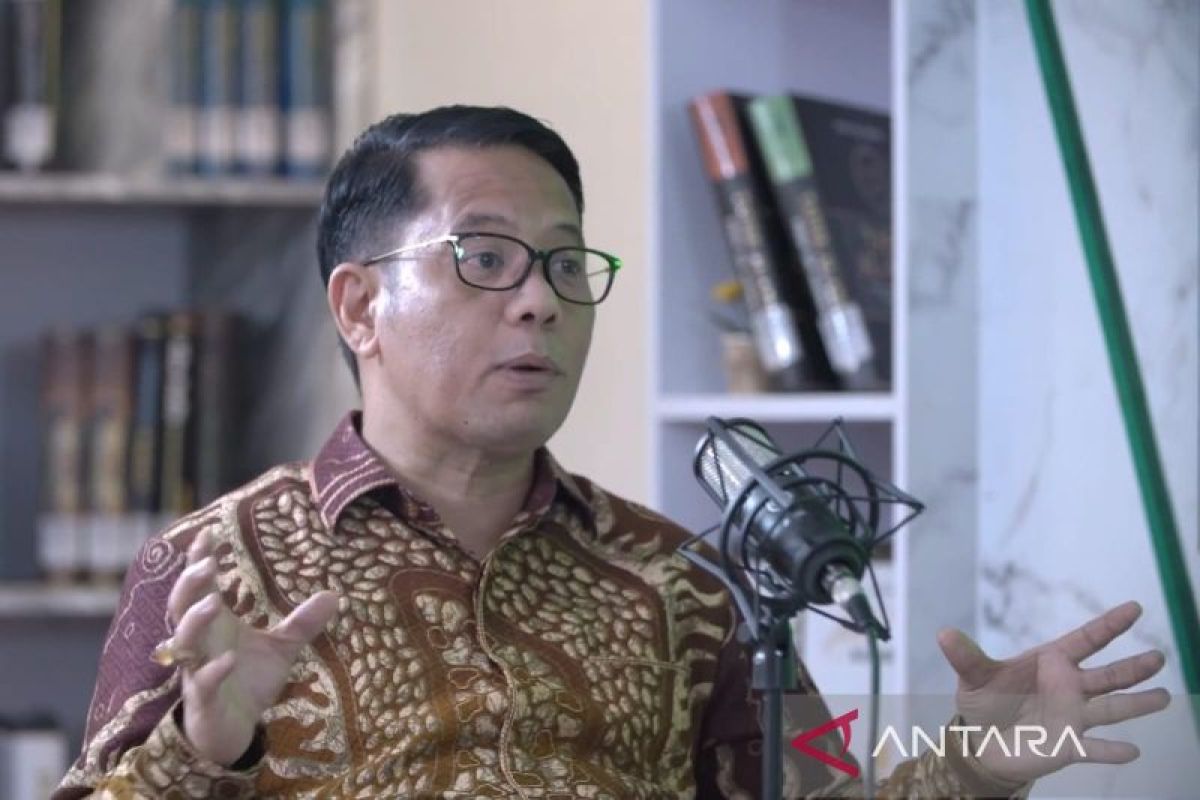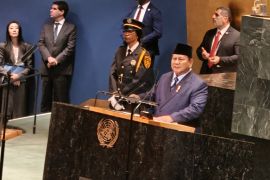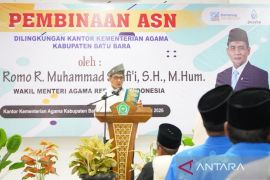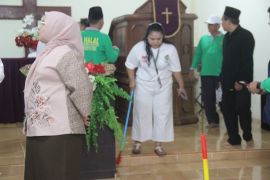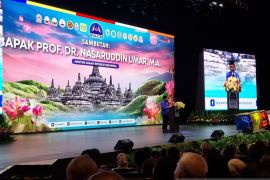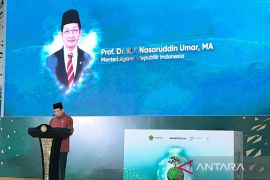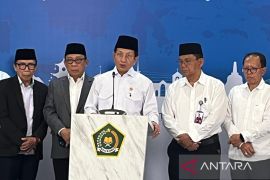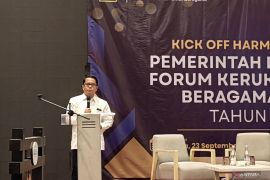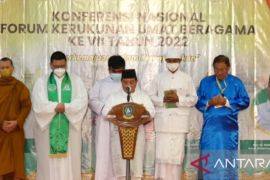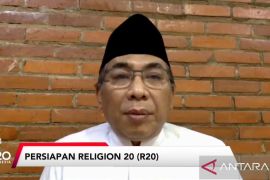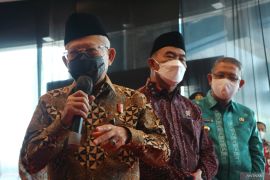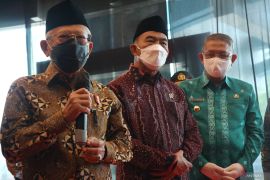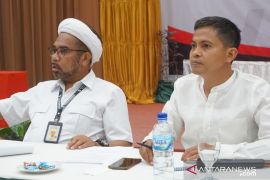Interfaith greetings are part of our commitment to live in harmony without compromising our faith.Jakarta (ANTARA) - The Religious Affairs Ministry has said that offering interfaith greetings is a good practice to maintain religious harmony, and their use must not be discouraged.
The ministry's director general of Islamic community guidance, Kamaruddin Amin, said that interfaith greetings have become a medium to propagate peace, which is taught in every religion, and enhance relations between people from different religions.
"Interfaith greetings is a good practice for religious harmony. It is not an attempt to syncretize religious doctrine. The people know that one's faith is the matter of each individual and, sociologically, interfaith greetings strengthen harmony and tolerance," Amin said, according to a statement issued here on Friday.
Such greetings are commonly conveyed by residents while starting their remarks at public events or meetings. The greetings of Indonesia's six religions are usually started with the Islamic greeting Assalamualaikum.
However, the Indonesian Ulema Council (MUI) has discouraged the practice and, during the recent VIII National Fatwa Commission Ulema Meeting, declared it haram (forbidden) for Muslims.
Amin said that in a multicultural nation-state like Indonesia, the expression of diversity must reflect social flexibility while remaining within the limits set by religious teachings.
Religious greetings are also an effective form of social communication to improve religious harmony in Indonesia.
"Interfaith greetings are part of our commitment to live in harmony without compromising our faith," he said.
Efforts to maintain religious harmony must also be made by strengthening cohesion instead of restricting oneself, which could end in segregation, he explained.
"Our work to maintain harmony has been successful. The good practice among residents helped increase our religious harmony index," Amin said.
The ministry official noted that Indonesia's religious harmony index has increased three years in a row, from 72.39 in 2021 to 73.09 in 2022 and 73.09 in 2023.
"We need to be flexible and thoughtful in practicing our religion to realize synergy between religious practices and national development," he said.
Related news: President expresses gratitude to NU's commitment to Pancasila
Translator: Sean Filo Muhamad, Nabil Ihsan
Editor: Rahmad Nasution
Copyright © ANTARA 2024
